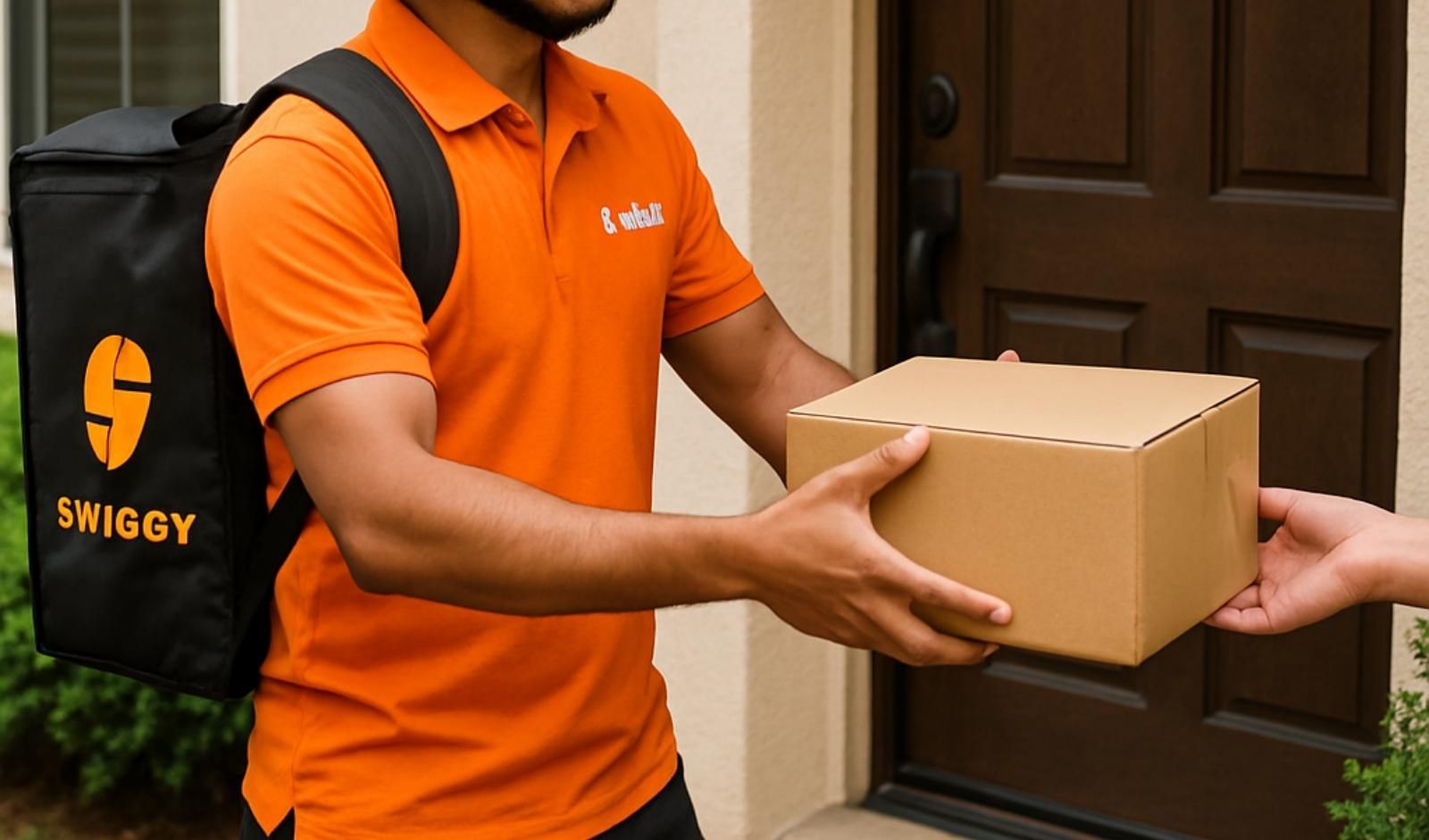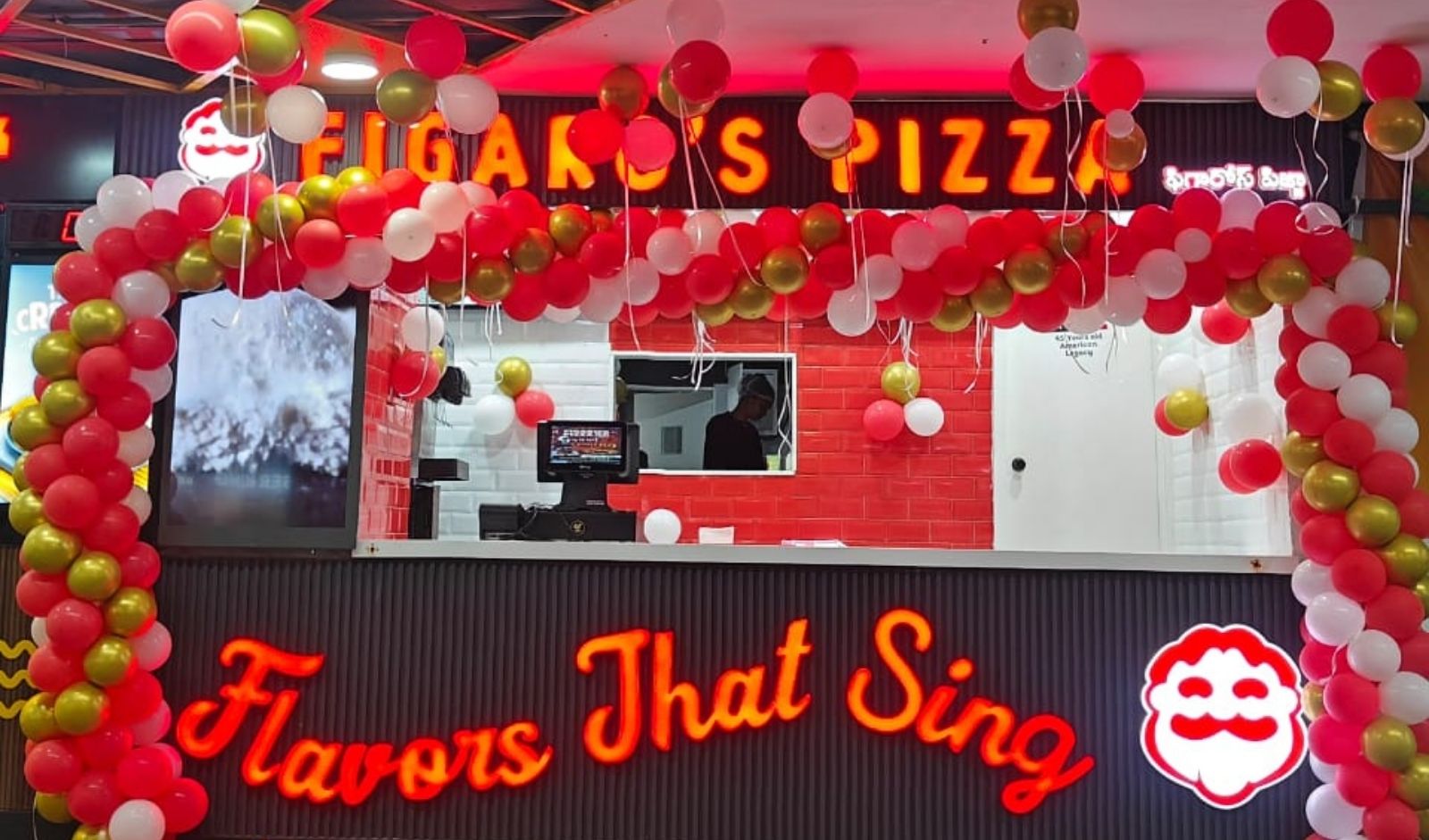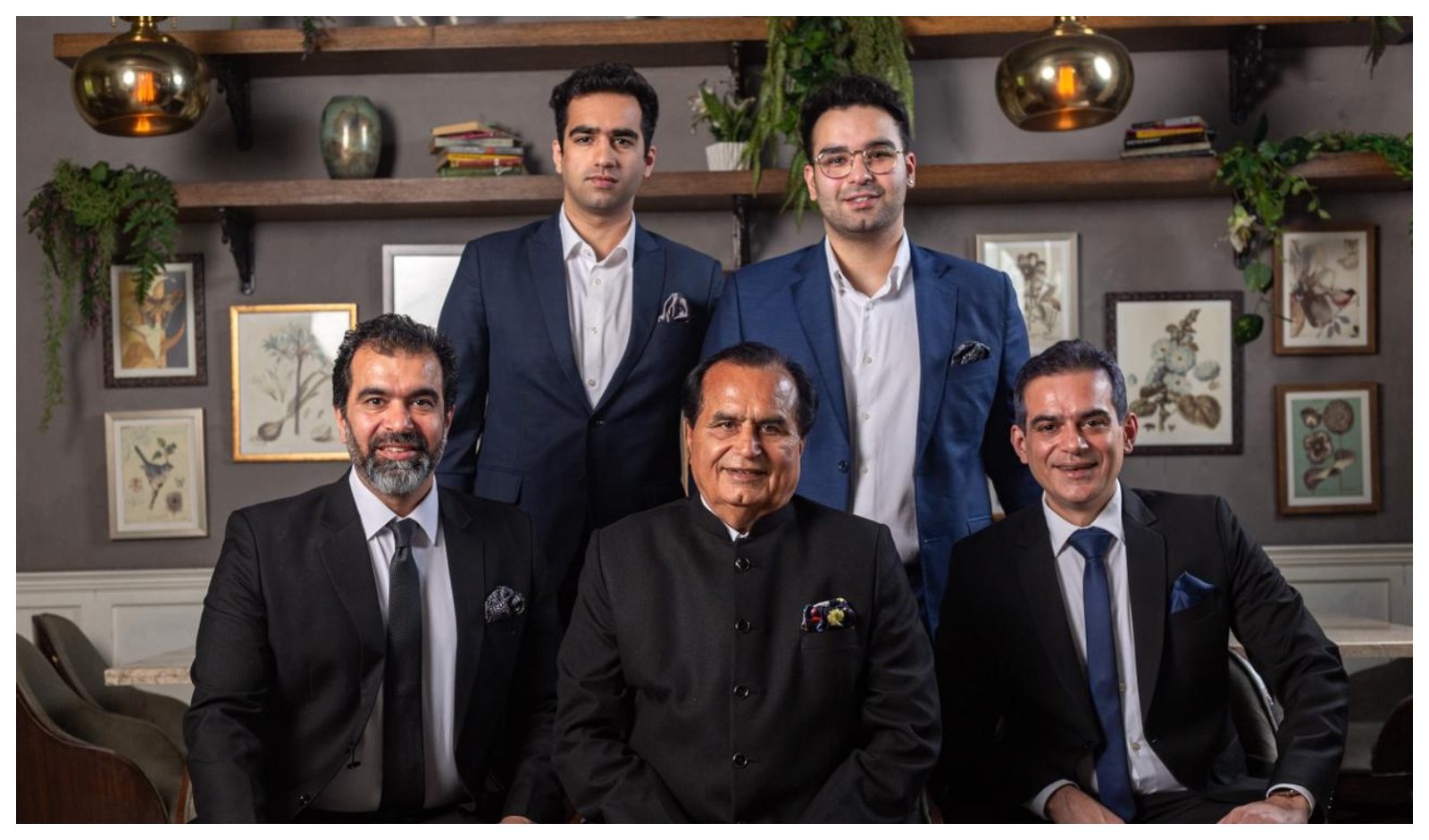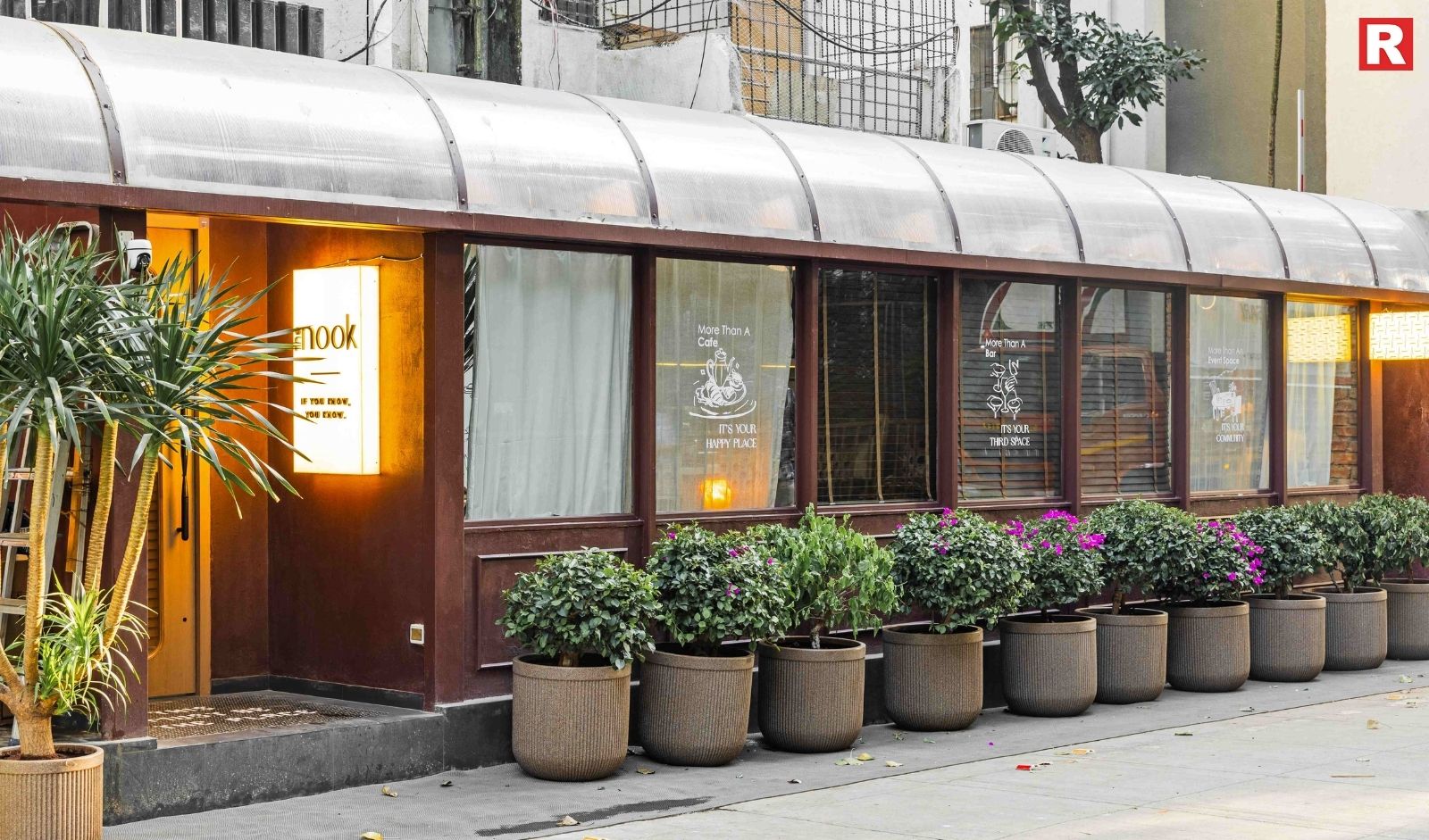
The surge of quick commerce in India is altering expectations around food delivery, pushing speed to the center of consumer decision-making. With the rise of 10-minute grocery services, customers now look for the same urgency in food, from early-morning coffee to quick breakfasts. Rohit Kapoor, CEO of Swiggy’s food marketplace, stated that the company’s rapid delivery service, Bolt, is gaining traction and driving new patterns in how consumers order meals.
This shift has led to a clear change in user behavior. Kapoor explained that consumers have become more conscious of their preference for fast delivery. Bolt, which offers a 10-minute turnaround, already contributes over 10 percent of Swiggy’s total orders. Data from the platform shows that users value speed across categories, not just food, prompting the company to scale Bolt in response to these expectations.
Swiggy is now working on expanding Bolt into new demand segments, particularly evening snacks and late-night meals, where orders often come from spontaneous cravings. Kapoor noted that the competitive landscape remains focused on Swiggy and Eternal (formerly Zomato), with both firms increasing their presence in the quick commerce space. Swiggy also competes with Blinkit, Zepto, and Tata’s BigBasket, but the company aims to bring in new users rather than rely on the existing customer pool.
As consumption patterns evolve, Swiggy is adjusting its offerings to align with younger consumers who prioritize convenience. Kapoor highlighted the emergence of new eating habits and the opportunity to serve these needs through products like high-protein meals and DeskEats, designed for working professionals. Students and young professionals remain a major target group as Swiggy plans for the next phase of growth. Kapoor added that the food delivery model will continue to change, and Swiggy intends to adapt accordingly.
Financially, the company reports wider losses in the second quarter due to increased investment in quick commerce. To strengthen its position, Swiggy has raised delivery fees across food orders. Kapoor stressed that long-term profitability is essential, describing it as a requirement for the platform’s sustainability. The company recorded an adjusted EBITDA of Rs 240 crore in the second quarter, signaling efforts to balance growth with financial discipline. As the food delivery sector continues to shift, Swiggy remains focused on refining its strategy to meet the demands of a fast-changing consumer base.
Copyright © 2009 - 2025 Restaurant India.








